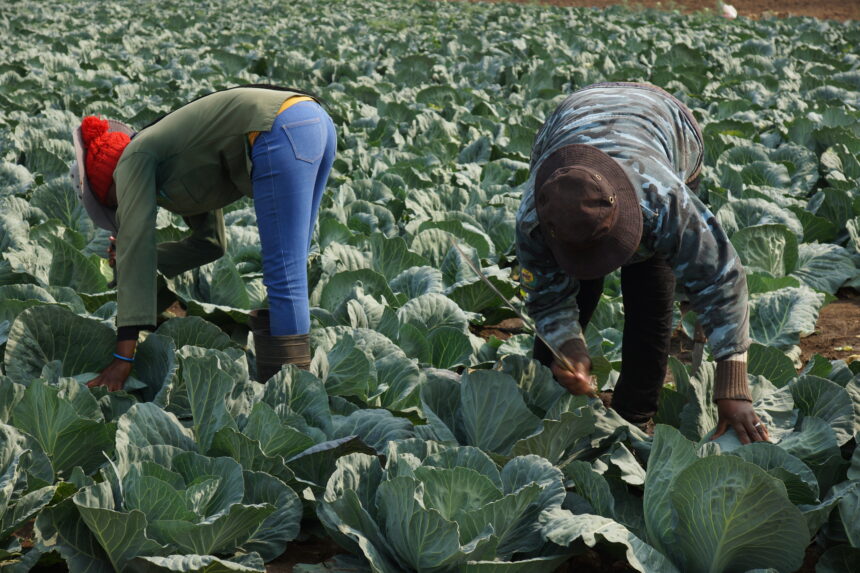– High electricity costs bemoaned – Market access needed – Calls for more govt funding
For Namibia’s agricultural sector to reach its full potential, the country will have to address output barriers such as the high cost of electricity, lack of access to markets, and reliable, affordable water supply as well as general underfunding by government.
Agriculture minister Calle Schlettwein shared this during the recent opening of the Keetmanshoop Agricultural, Industrial and Tourism Expo in the //Kharas region, where a large number of southern farmers were in attendance.
He particularly touched on six key areas that have the potential to unlock opportunities within the country’s agriculture sector and help resolve key challenges that continue to hinder the productivity of local farmers.
He said although government continues to demonstrate its commitment to the overall development of the sector, more still needs to be done to improve market access and adequate funding, especially at capital projects level.
“First, we need to meaningfully recognise agriculture as a national priority, and accord such priority through deliberate resource allocation across all facets of the value chain. At 2.3% of total non-interest expenditure, and about 0.7% of the gross domestic product in 2024/25, budgetary allocation to agriculture falls far short of recognising agriculture as a high national priority, a matter which must urgently be aligned. Secure, affordable and reliable power as well as water availability are key input factors for the fortunes in the sector. Our experience is that the cost of energy often rockets out of affordability range for farmers, particularly for small-scale farmers. This binding constraint limits increasing returns to scale and productive diversification in the sector,” said the minister.
Diversifying market access to achieve economies of scale and expansion of the domestic productive capacity is another key area Schlettwein pointed out.
He continued: “We must also invest in water resources development, distribution infrastructure, and sanitation with the objective of providing secure, reliable and affordable water supply required for the transition from rain-fed agriculture to intensive and climate-smart agriculture, thus re-risking the sector from climate change and variability. An allocation of about 1% of total non-interest expenditure is grossly insufficient to support both sustainable development goals for food and water security, and must be significantly improved”.
Invest more
Schlettwein assured that his ministry will continue to push for more investment in primary, logistical and support infrastructure to address supply-side challenges and product quality considerations.
He said these investments would be geared towards abattoirs, processing plants and feedlots in the livestock sector, including to grain and cold storage infrastructure for fresh food and marketing hubs in the agronomic sector as well as information technology infrastructure.
“The provision of consistent and broad-based support services, particularly the veterinary, agricultural extension services and a targeted national subsidy programme on the back of a robust research and development programme, digitalisation of some of the services and mechanisation of production systems, are some of the key areas that need urgent attention. Namibia has gone at great length to invest in some of the above prerequisites, setting the basis for leveraging regional and international value chains…,” he added.
“This had the effect of addressing domestic supply-side constraints across the value chains, and to promote access to domestic, regional and international markets. However, let us pause briefly and take stock of some of the glaring impediments. The small market size of Namibia is providing little advantage in terms of economic scaling. At the same time, producers must bear high transport, logistic and input cost due to long distances to and from markets,” he added.
He also touched on the various barriers around access to lucrative markets, not just in Africa, but globally.
“Market access is a key pivot for agricultural products. One distinct advantage for the Namibian agricultural sector is access to the best-paying markets regionally and globally – thanks to investment in core enablers, and the upkeep of sanitary and phytosanitary standards. This unfettered market access is in respect of not only Africa, but also to the European Union, United States and China, both for livestock and crop products.”
-ohembapu@nepc.com.na


